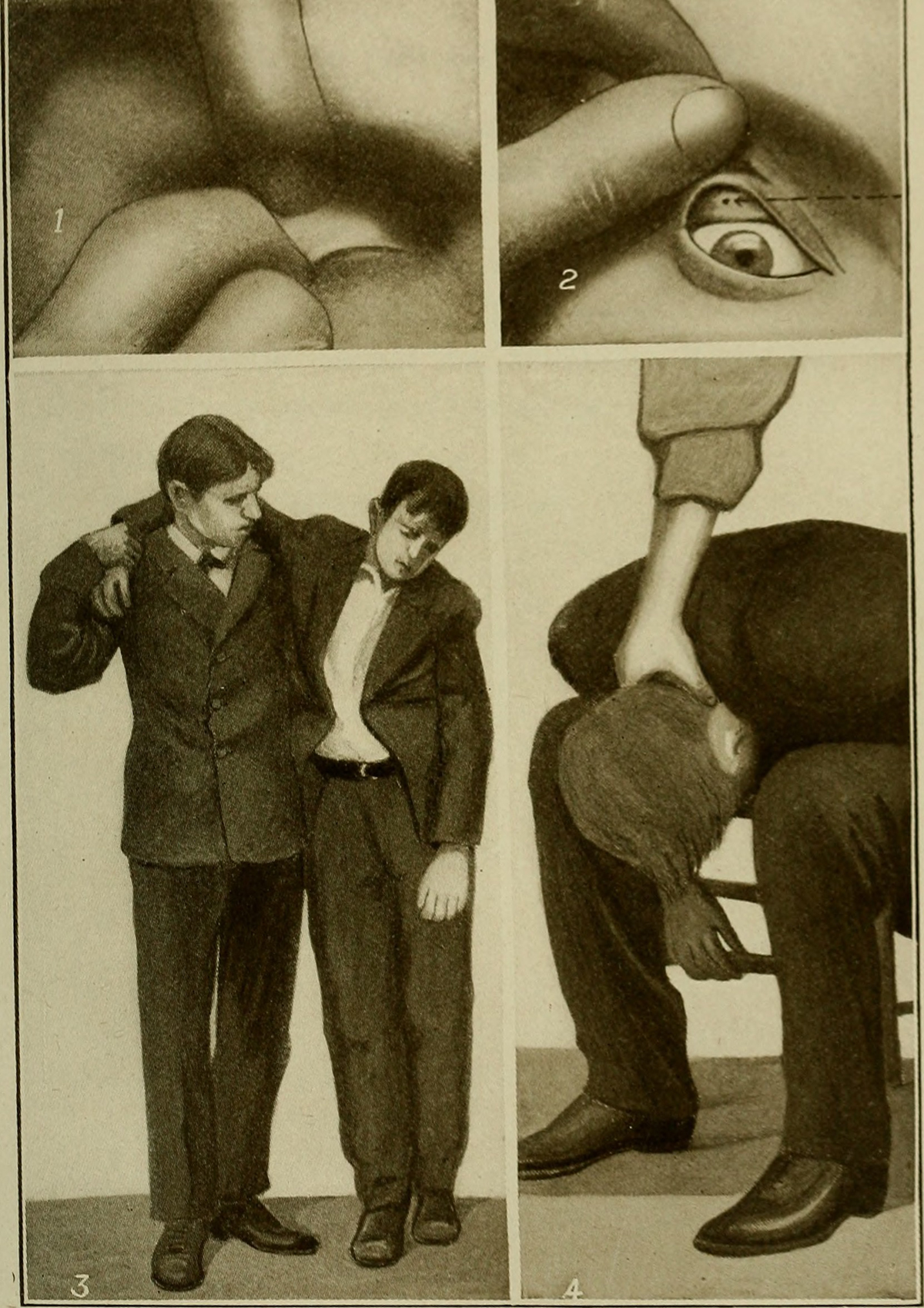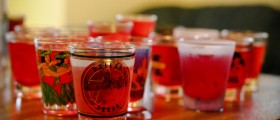
People who drink excessively are exposed to the risk not only of hangover but also of alcohol poisoning. While hangover can be considered a mild symptom of alcohol poisoning, this problem can be much more severe, in some cases even fatal.
Alcohol is known for inhibiting many functions, including breathing and the gag reflex. If these functions do not work properly, the situation is considered severe and dangerous and if they shut down, it can be fatal.
If a person passes out because of the alcohol, it does not mean he or she is not exposed to new levels of alcohol in blood. In fact, the alcohol from the stomach continues entering the bloodstream and raising the alcohol levels. In addition, if the person vomits in their sleep, he or she may choke on it, which is very dangerous and potentially fatal.
Symptoms of alcohol poisoning
Some of the symptoms of alcohol poisoning may include confusion, altered mental state, fainting, stupor, coma, vomiting, seizures, slow breathing rate, irregular breathing, low body temperature, bluish skin and lip color, paleness, cold skin.
These symptoms are signs that the person in question requires immediate medical attention and should be rushed to a hospital or an emergency room. Otherwise, there is a risk of choking, severe hypothermia, coma, hypoglycemia, seizures and brain damage from dehydration.
A person who was exposed to large amounts of alcohol in a short period of time, for example during one evening, should not simply be sent off to bed. He or she should be monitored for heart rate, breathing rate and body temperature. If any of these are abnormal, the situation requires medical evaluation.
Hangover
Hangover can be considered a mild form of alcohol poisoning. It usually occurs the morning after drinking, with symptoms like nausea, vomiting, headache, dizziness, fatigue, dehydration, sleepiness, tremor, lack of focus, poor memory and others.
Hangover can be treated at home, of course, but the best cure is to allow the alcohol to get out of the system. It is vital to drink plenty of fluids and to eat, preferably a large meal consisting of proteins and a small amount of fats. Vitamins and minerals are also very important.
A hangover can be prevented very easily. It is recommended to stick to one kind of alcohol beverage, instead of mixing two or more kinds. The drinks should be consumed with pauses between them, and the duration of pauses should depend on the type of beverage. Drinking three shots in a row is not the same as drinking three glasses of wine in a row.
It is highly recommended to drink a glass of water between two drinks. This will prevent dehydration and many of the symptoms of hangover that are related to it.
The stomach should be prepared before drinking. Eating a large meal with lots of carbs, starchy foods and fats protects the lining of the stomach and prevents irritation.

















Your thoughts on this
Loading...